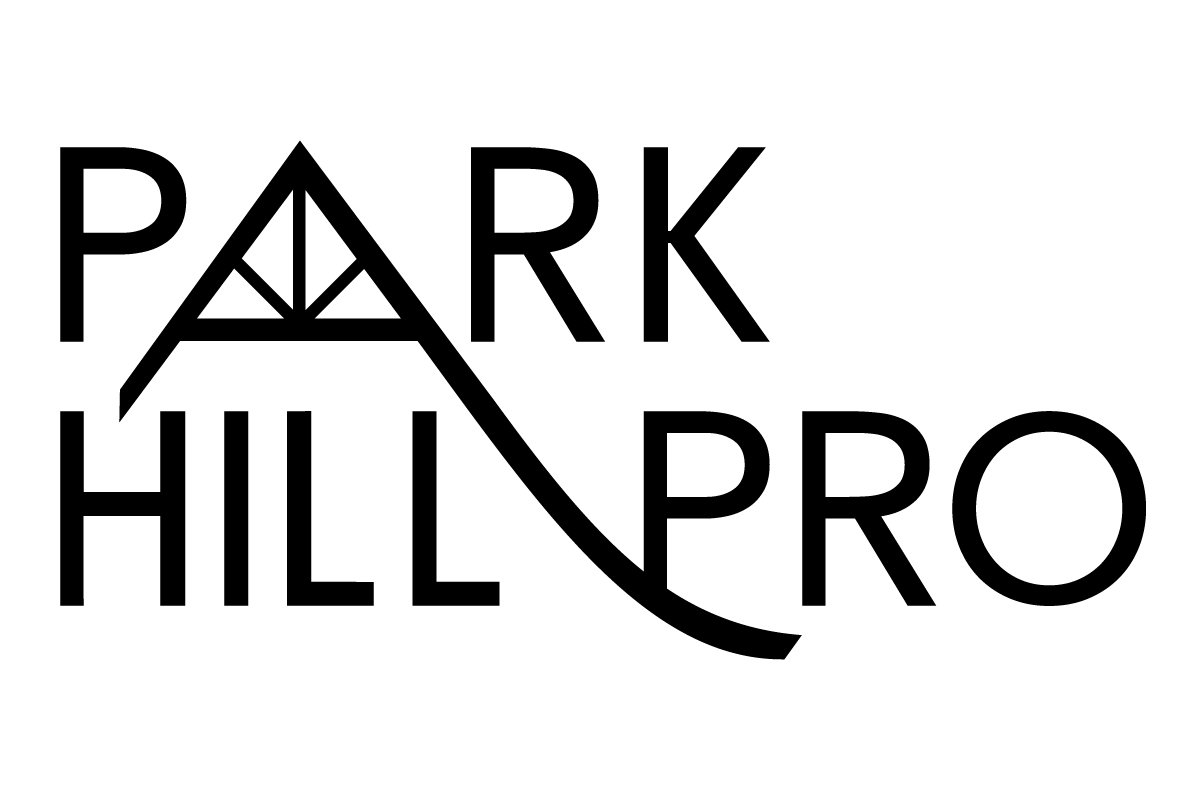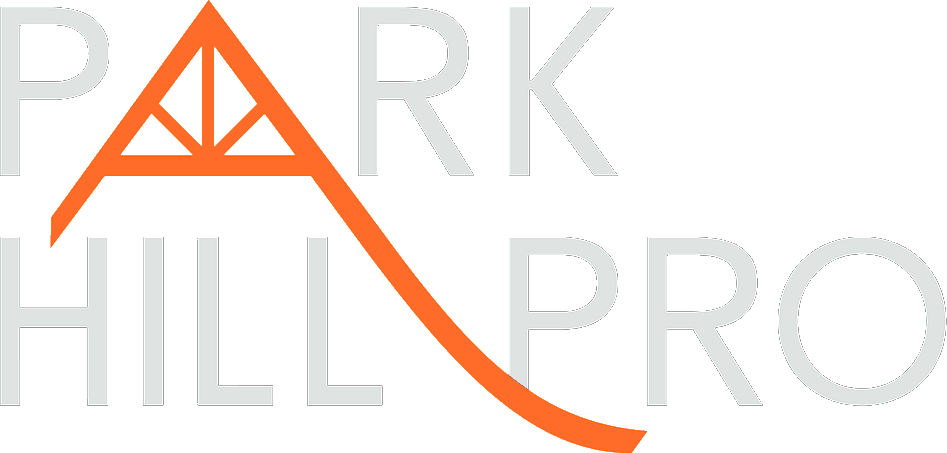While renting a home might seem the easiest way to manage your finances, actually owning the property is much more beneficial. The initial outlay is going to be quite steep, but the guarantee of ROI over the years will help validate such a steep investment. Being a renter means that you have to cope with bills that are not contributing to ownership in any way, shape or form. Living in a place you call yours allows you to lock in expenses related to housing and set yourself up for a comfortable future over time. However,the big question is, how do you get it done?
A tough scenario for renters
In the recent past, experts have pointed out the development of some are referring to as “the rent affordability crisis”. It is essentially a situation where there are lower vacancies for renters currently available. This is compounded by the fact that developers are not constructing as many new rental properties as they used to. This of course correlates to a rising demand, and a scramble for what is out there. This increase in demand coupled with reduced availability will also result in an increase in rates over time. In the next several years, rent appreciation rates will trump home appreciation rates.
When buying becomes cheaper than renting
Jonathan Smoke of Realtor.com argues that housing is a core element of how well we live and what our levels of satisfaction are. Having a home impacts your general state of well being. Home ownership correlates very positively with outlook, and quality of living. As the cost of rent goes up year after year, those who are dreaming of one day owning a homes may actually end up trapped in a difficult position.
While you choose to rent you are minimizing your possible contribution to a longterm investment. You’ll encounter minimal opportunity for saving to purchase a home of your own.
Currently, 85% of the American renters consider themselves to have a “huge rent bill”. However, what is even more interesting is that people in over 75% of the country can certainly buy at an overall cheaper rate than they can rent for. At this point, the most obvious question, of course, is; why aren’t these frustrated renters buying?
What options do you have?
The problem in the current market is lack of information regarding just how much enough is in terms of down payments and credit scores. If you take time to inspect the factors that enable individuals to purchase a home, you’ll realize there are a lot more people who are actually qualified to buy a home, they just don’t know it.
An example of something that may prevent someone from looking into homeownership is the down payment. A large number of people don’t know just how much of a down payment is required to actually own a home. According to recent statistics, it is actually very easy to save up to the 3% required in most areas. This only takes a maximum of two years under a structured and disciplined saving plan. Turns out you might have already saved enough for your next home without even knowing it!
Saving for your next home may not be as difficult as you think. Sure, identifying a good mortgage plan is strenuous for all of us but when you know what to look for, things can turn out smoother than you expected. You are going to be thinking about your down payment all the time, so there is a need to draw out a plan according to your level of income and the percentage you can save off of that. Keep in mind that the percentages you might need to put down typically vary across the board, depending on your approach and the type of mortgage you are looking for.
Do not allow rising rent rates to postpone your plan to buy a home. If you are having a difficult time doing the required research, talk to an agent and have them help you. Real estate agents can help you understand the rates available in your market, as well as offer you first hand experience relating to the way things may eventually pan out for you. Always be on the lookout for attractive deals and make your move at the right time, with the right information.
Powered by WPeMatico




